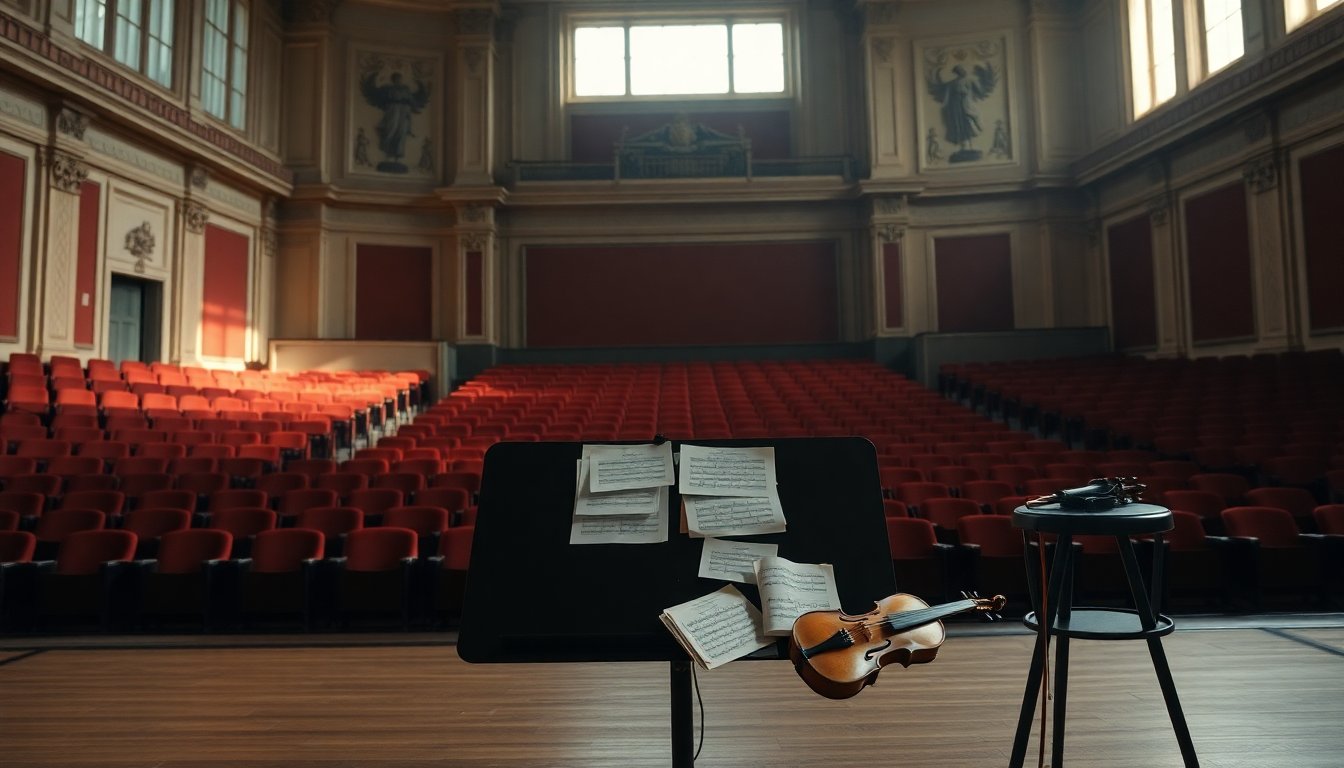Table of Contents
The classical music scene in America faces significant challenges due to recent reductions in public radio funding. Such cuts could result in a drastic decline in the support and availability of classical music programs. This shift threatens to impact both audiences and artists deeply. Public radio serves as a vital platform for promoting and sharing classical music, making the potential consequences of these funding reductions a pressing issue for music enthusiasts and communities nationwide.
The role of public radio in classical music
Public radio plays a crucial role in promoting classical music, offering audiences access to an extensive range of compositions and performances. This medium broadcasts live concerts and features interviews with musicians, while also curating diverse playlists. These playlists not only showcase timeless masterpieces but also highlight contemporary works. Through these efforts, public radio enhances the appreciation of classical music and underscores its cultural significance.
Community engagement through broadcasting
Local public radio stations actively involve their communities by organizing events such as live performances and educational programs. These initiatives foster a sense of belonging among listeners while nurturing the next generation of musicians. However, impending funding cuts may force many stations to reduce or even eliminate these valuable programs. The loss of community engagement would significantly impact the classical music landscape.
The potential impact of funding reductions
As the financial landscape changes, public radio funding cuts could have widespread effects on the classical music ecosystem. With fewer resources for programming, stations might shift away from classical music in favor of more commercially viable genres, leading to an erosion of diversity in music offerings.
Funding cuts threaten artists and audiences
The impact of recent funding cuts goes beyond the airwaves, placing both artists and audiences at risk. Musicians, especially those in the classical genre, depend on radio exposure to broaden their reach and build recognition. The absence of public radio support may hinder emerging talent from making their mark in an increasingly competitive environment. Additionally, classical music enthusiasts may face a decline in opportunities to discover new artists and performances.
Preserving classical music in the face of adversity
Amid current challenges, classical music advocates must come together to support public radio funding. Grassroots movements and community outreach are crucial. Collaborations between artists and local stations can raise awareness about the importance of classical music in public life. Engaging with policymakers to highlight the cultural significance of public radio is vital for protecting these resources.
Additionally, exploring alternative funding sources is essential. Partnerships with arts organizations, local businesses, or crowdfunding initiatives can provide new avenues for financial support. By diversifying funding streams, public radio stations can sustain their classical music programming while adapting to evolving financial circumstances.
The future of classical music on public radio relies on the combined efforts of communities, artists, and their supporters. Advocating for ongoing funding and community backing is essential to ensure that future generations can enjoy the beauty and depth of classical music.


